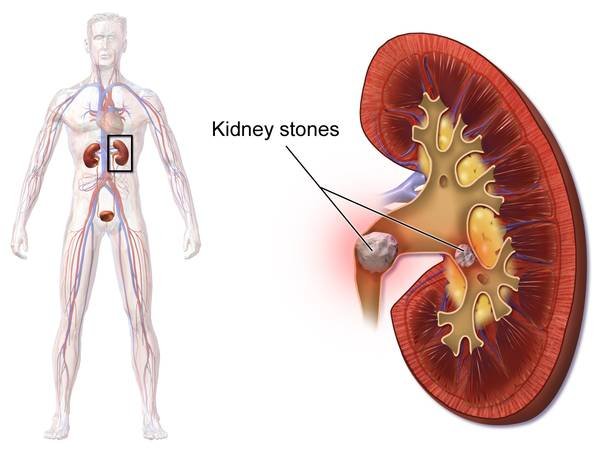If you’ve ever experienced the excruciating pain of kidney stones, you know that prevention is key to avoiding these small, hard deposits that form in your kidneys. But what you may not realize is that preventing kidney stones could also have an unexpected benefit – reducing your risk of developing high blood pressure. Recent research suggests that there may be a connection between kidney stones and high blood pressure, highlighting the importance of taking proactive steps to keep your kidneys healthy. In this article, we’ll explore this intriguing link and discuss some effective preventive measures you can take to safeguard not only your kidneys, but also your cardiovascular health.
Kidney Stones and High Blood Pressure: A Preventative Connection
Kidney stones are a common and painful condition that can affect anyone, regardless of age or gender. These small, hard deposits that form in the kidneys can cause intense pain when they pass through the urinary tract. Understanding the causes and risk factors of kidney stones is crucial for effective prevention and management.
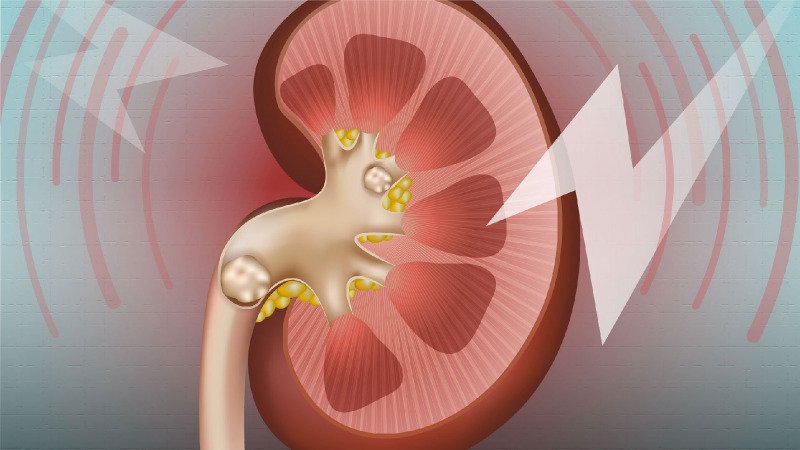
This image is property of www.narayanahealth.org.
Understanding Kidney Stones
Kidney stones, also known as renal calculi, are formed when certain substances in urine, such as calcium, oxalate, and uric acid, become highly concentrated. When the concentration of these substances exceeds the ability of the urine to dilute them, crystals begin to form. These crystals then grow and merge to form solid stones.
The size of kidney stones can vary greatly, ranging from tiny grains to larger stones that can be several centimeters in diameter. The symptoms of kidney stones typically include severe pain in the back or abdomen, blood in the urine, frequent urination, and a burning sensation during urination.
Understanding High Blood Pressure
High blood pressure, or hypertension, is a medical condition characterized by elevated blood pressure levels in the arteries. It is often referred to as the “silent killer” because it is usually symptomless until it reaches more severe stages. Uncontrolled high blood pressure can lead to serious health complications such as heart disease, stroke, and kidney damage.
Blood pressure is measured in millimeters of mercury (mm Hg) and is recorded as two numbers: systolic pressure over diastolic pressure. The systolic pressure represents the force exerted on the artery walls when the heart contracts, while the diastolic pressure is the force exerted when the heart is at rest between contractions. Normal blood pressure is defined as a reading of 120/80 mm Hg or lower.
Common Risk Factors for Kidney Stones
Several risk factors increase the likelihood of developing kidney stones. These include a family history of kidney stones, certain medical conditions like gout or urinary tract infections, dehydration, obesity, and previous episodes of kidney stones. Additionally, certain dietary factors, such as a high intake of salt, animal protein, and oxalate-rich foods like spinach and rhubarb, can contribute to stone formation.
Common Risk Factors for High Blood Pressure
Similar to kidney stones, several risk factors contribute to the development of high blood pressure. These include a family history of hypertension, advancing age, a sedentary lifestyle, excessive sodium intake, obesity, alcohol consumption, and chronic stress. Other medical conditions such as diabetes, kidney disease, and sleep apnea can also increase the risk of developing high blood pressure.
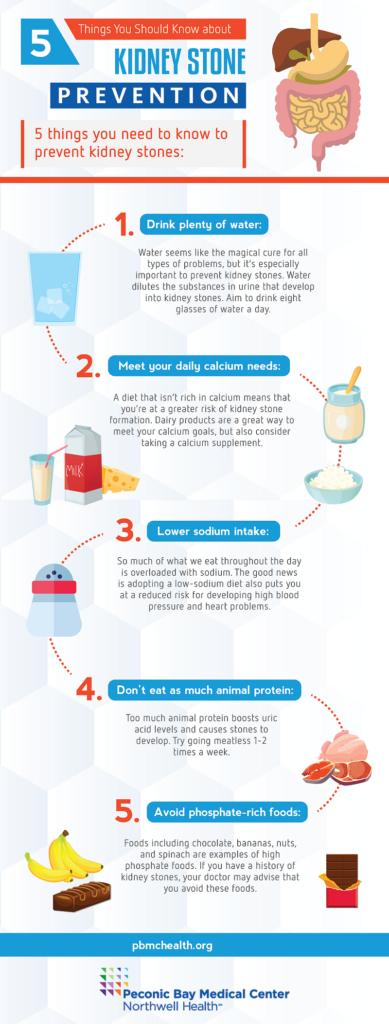
This image is property of www.pbmchealth.org.
The Link between Kidney Stones and High Blood Pressure
Recent research has suggested a potential link between kidney stones and high blood pressure. Studies have found that individuals with a history of kidney stones are more likely to develop hypertension. The exact mechanisms underlying this connection are still being studied, but it is believed that shared risk factors, genetic predisposition, and metabolic abnormalities may contribute to the association between these two conditions.
The Role of Calcium in Kidney Stones and High Blood Pressure
Calcium is a mineral that plays a crucial role in many bodily functions, including bone health, muscle contraction, and nerve transmission. However, excessive calcium intake or improper calcium metabolism can contribute to the formation of both kidney stones and high blood pressure.
Contrary to popular belief, dietary calcium is not a major contributor to kidney stone formation. In fact, consuming adequate amounts of dietary calcium may actually help prevent kidney stones by binding to oxalate in the intestines and preventing its absorption into the bloodstream. However, calcium supplementation without medical guidance may increase the risk of stone formation.
In the case of high blood pressure, calcium plays a vital role in regulating blood vessel constriction and relaxation. Imbalances in calcium levels can disrupt this delicate balance and lead to increased blood pressure. Therefore, it is essential to maintain appropriate calcium levels through a balanced diet and, if necessary, under the guidance of a healthcare professional.
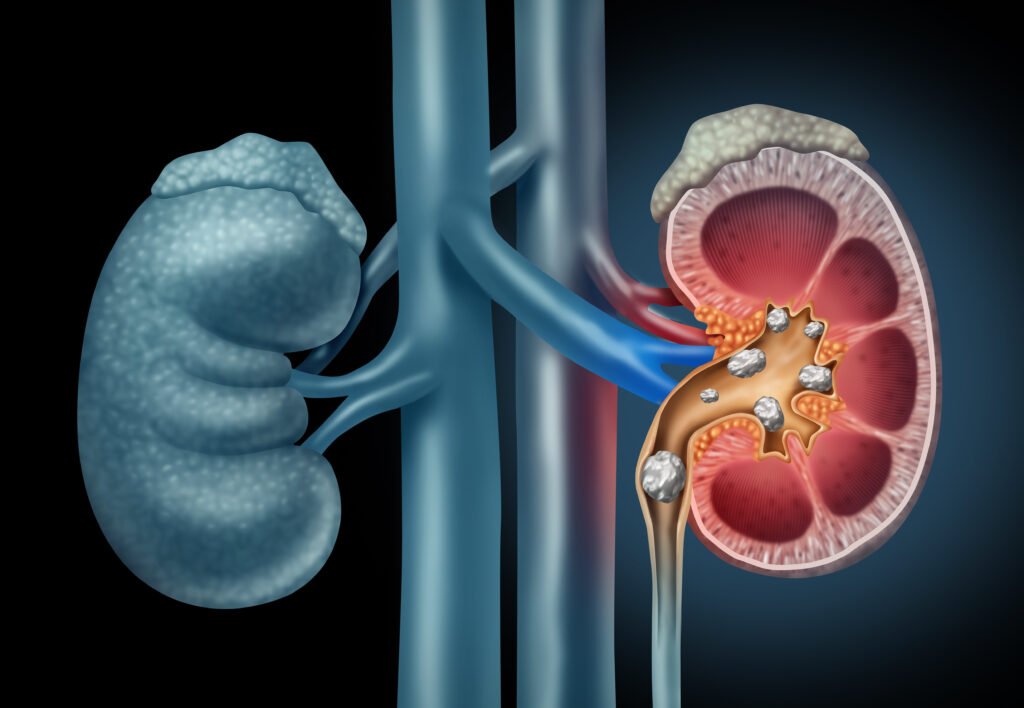
This image is property of domf5oio6qrcr.cloudfront.net.
Diet and Lifestyle Factors that Influence Kidney Stones and High Blood Pressure
The development of kidney stones and high blood pressure can be influenced by various diet and lifestyle factors. It is important to maintain a healthy weight, as obesity increases the risk of both conditions. Regular physical activity is also beneficial in preventing kidney stones and reducing high blood pressure.
In terms of dietary factors, adequate hydration is crucial for preventing kidney stones. It helps dilute the substances in urine that can lead to stone formation. Limiting the consumption of sodium, animal protein, and oxalate-rich foods can also reduce the risk of kidney stones.
To control high blood pressure, following a balanced diet rich in fruits, vegetables, whole grains, lean proteins, and low-fat dairy products is recommended. Reducing sodium intake, moderating alcohol consumption, and managing stress are also vital in maintaining optimal blood pressure levels.
Preventing Kidney Stones and High Blood Pressure
Prevention is key when it comes to kidney stones and high blood pressure. Adopting healthy lifestyle habits can significantly reduce the risk of developing these conditions. Ensuring proper hydration, maintaining a healthy weight, and consuming a balanced diet are essential preventive measures.
In specific cases, healthcare professionals may advise dietary adjustments to reduce the risk of kidney stones or high blood pressure. For individuals at a higher risk, medications such as diuretics or calcium channel blockers may be prescribed to manage blood pressure and prevent stone formation. It is crucial to follow the guidance of healthcare providers and attend regular check-ups to monitor and address any potential issues.
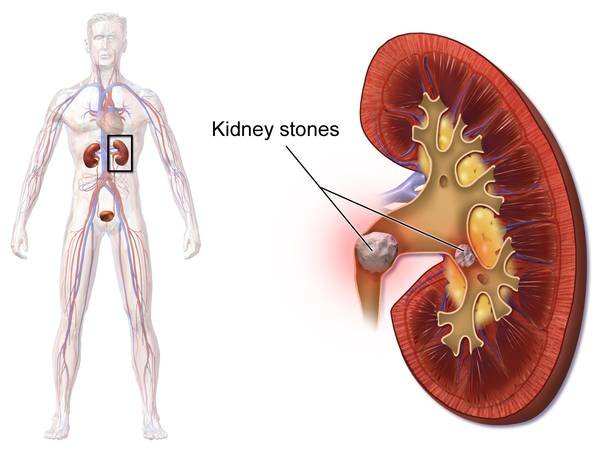
This image is property of www.betterfamilyhealth.org.
The Importance of Regular Check-Ups and Monitoring
Regular check-ups and monitoring play an essential role in preventing, managing, and addressing kidney stones and high blood pressure. Healthcare professionals can perform tests to assess kidney function, blood pressure levels, and identify any potential risk factors or abnormalities.
These check-ups provide an opportunity to discuss lifestyle modifications, dietary changes, and appropriate medication management. By staying proactive and consistent with follow-up appointments, you can take control of your health and reduce the risk of kidney stones and high blood pressure.
In conclusion, there appears to be a preventive connection between kidney stones and high blood pressure. Understanding the risk factors, shared mechanisms, and lifestyle modifications is essential in preventing the development of these conditions. By prioritizing your health, attending regular check-ups, and making necessary lifestyle changes, you can significantly reduce the likelihood of experiencing kidney stones and high blood pressure-related complications.

